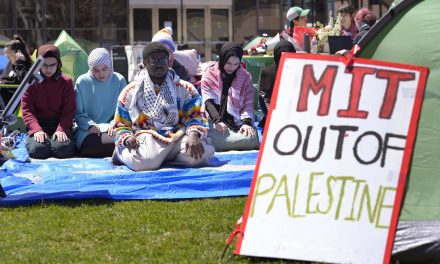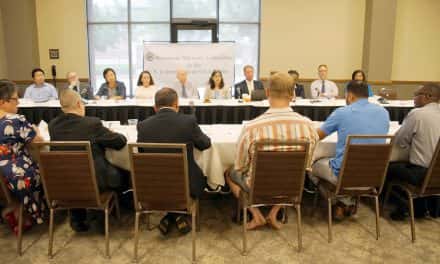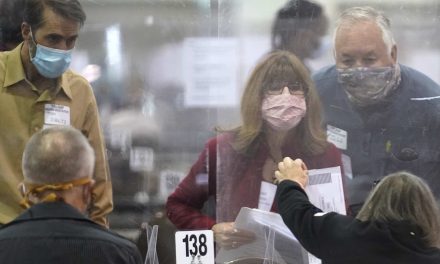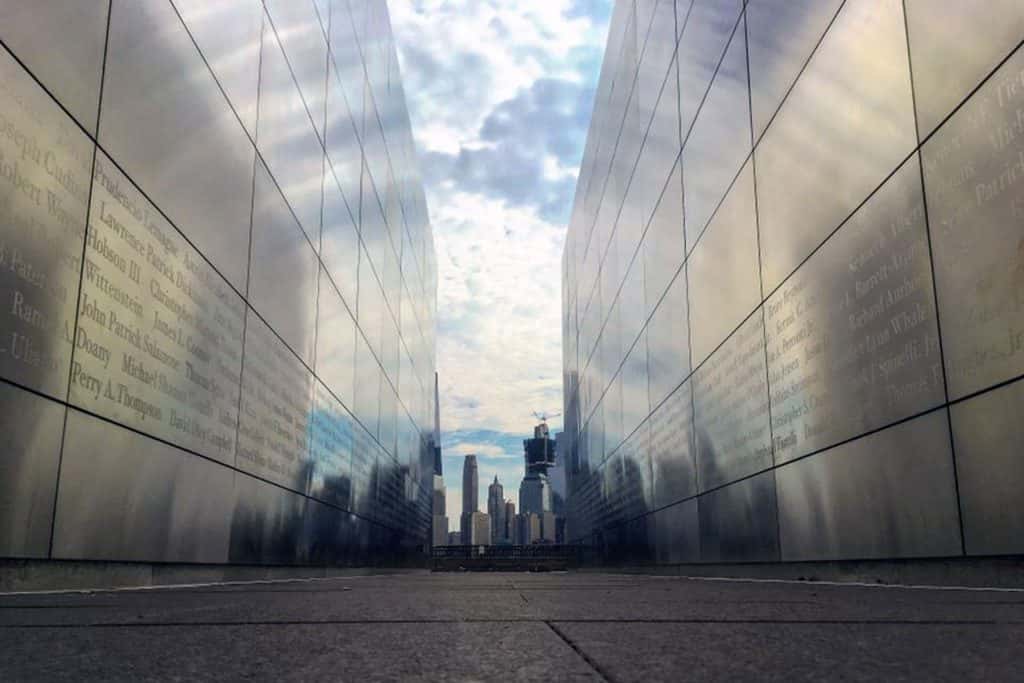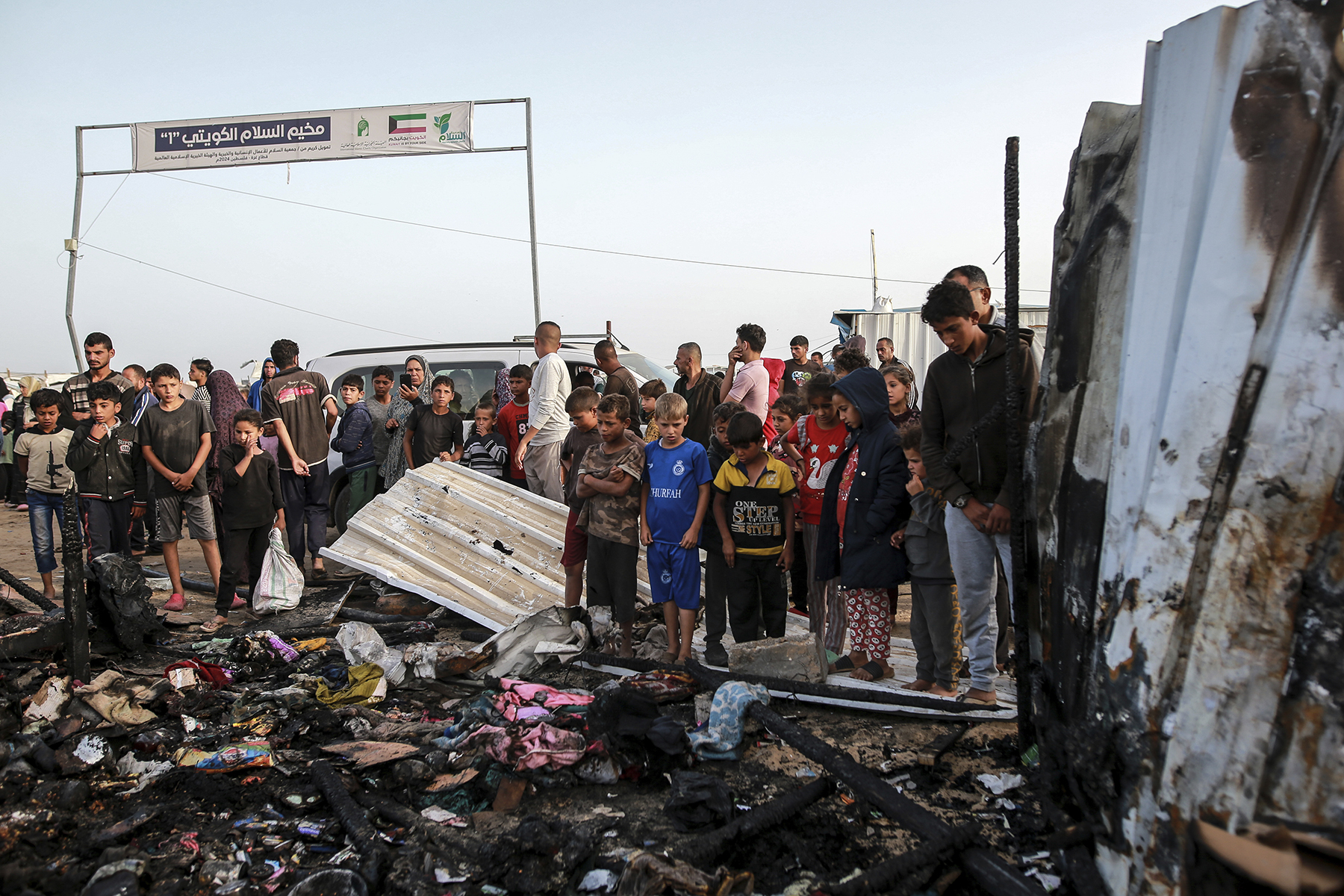
Israeli Prime Minister Benjamin Netanyahu confirmed on May 27 that an Israeli strike in the southern Gaza city of Rafah set fire to a designated refugee camp housing displaced Palestinians and, according to local officials, killed at least 45 people.
The continued deaths of civilians targeted by the Israel Defense Forces (IDF) only added to the surging international criticism of Netanyahu’s brutal scorched earth tactics in his inflated war with Hamas, with even Israel’s closest allies expressing outrage at civilian deaths.
The United Nations’ top court ordered Israel on May 24 to immediately halt its military offensive in the southern Gaza city of Rafah, but stopped short of ordering a cease-fire for the enclave. Netanyahu has refused to comply with the order.
The May 26 attack on civilians in Rafah, which appeared to be one of the war’s deadliest, helped push the overall Palestinian death toll in the war above 36,000, according to the Gaza Health Ministry, which does not distinguish between fighters and noncombatants in its tally.
Mohammed Abuassa, who rushed to the scene in the northwestern neighborhood of Tel al-Sultan, said rescuers “pulled out people who were in an unbearable state.”
“We pulled out children who were in pieces. We pulled out young and elderly people. The fire in the camp was unreal,” he said.
At least 45 people were killed, according to the Gaza Health Ministry and the Palestinian Red Crescent rescue service. The ministry said the dead included at least 12 women, eight children, and three older adults, with another three bodies burned beyond recognition.
Rafah, the southernmost Gaza city on the border with Egypt, had housed more than a million people — about half of Gaza’s population — displaced from other parts of the territory. Most have fled once again since Israel launched what it called a limited incursion there earlier this month. Hundreds of thousands are packed into squalid tent camps in and around the city.
The strike on Rafah brought a new wave of condemnation, even from Israel’s strongest supporters.
The U.S. National Security Council said in a statement that the “devastating images” from the strike on Rafah “are heartbreaking.” It said the U.S. was working with the Israeli military and others to assess what happened.
French President Emmanuel Macron was more blunt, saying “these operations must stop” in a post on X. “There are no safe areas in Rafah for Palestinian civilians. I call for full respect for international law and an immediate ceasefire,” he wrote.
The Foreign Office of Germany, which has been a staunch supporter of Israel for decades, said “the images of charred bodies, including children, from the airstrike in Rafah are unbearable.”
“The exact circumstances must be clarified, and the investigation announced by the Israeli army must now come quickly,’ the ministry added. “The civilian population must finally be better protected.”
Qatar, a key mediator in attempts to secure a cease-fire and the release of hostages held by Hamas, said the Rafah strike could “complicate” talks. Negotiations, which appear to be restarting, have faltered repeatedly over Hamas’ demand for a lasting truce and the withdrawal of Israeli forces, terms Israeli leaders have publicly rejected.
There are currently 70 criminal investigations into incidents that aroused suspicions of international law violations, including the deaths of civilians, the conditions at a detention facility holding suspected Palestinian militants and the deaths of some inmates in Israeli custody.
Human Rights groups say Israeli authorities routinely fail to fully investigate violence against Palestinians and that even when soldiers are held accountable, the punishment is usually light.
Israel has denied documented allegations of genocide brought against it by South Africa at the International Court of Justice.
Separately, the chief prosecutor at the International Criminal Court is seeking arrest warrants against Netanyahu and Israeli Defense Minister Yoav Gallant, as well as three Hamas leaders, over alleged crimes linked to the war. The ICC only intervenes when it concludes that the state in question is unable or unwilling to properly prosecute such crimes.
Hamas triggered the war with its October 7 attack into Israel, in which Palestinian militants killed some 1,200 people and seized some 250 hostages. Hamas still holds about 100 hostages and the remains of around 30 others after most of the rest were released during a cease-fire last year.
Around 80% of Gaza’s 2.3 million people have fled their homes, severe hunger is widespread and U.N. officials say parts of the territory are experiencing famine.


















